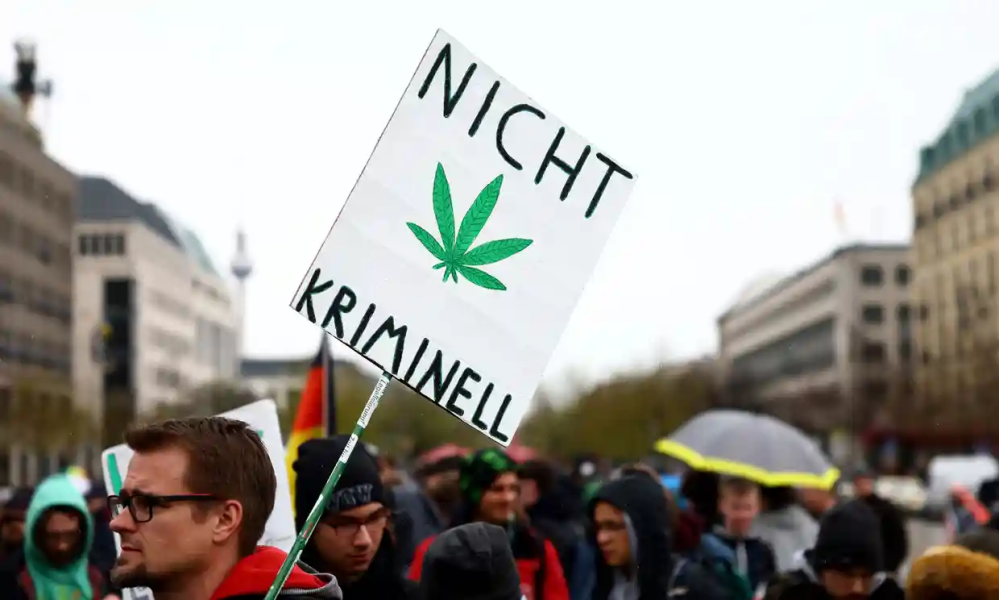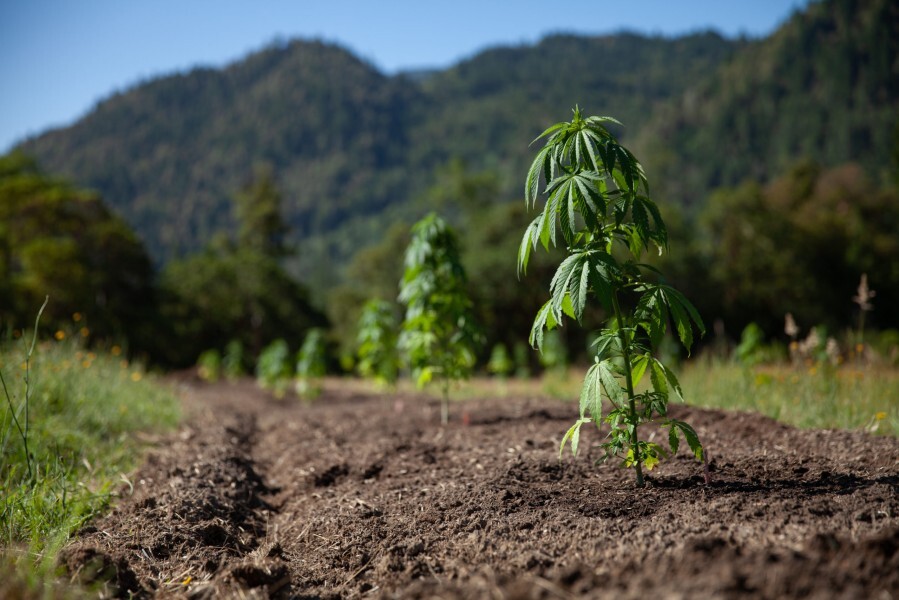As the global perspective on cannabis continues to evolve, Colombia is taking significant steps towards cannabis legalization, with a keen focus on tackling the illicit market and reducing organized crime. This move is not only a progressive step for the country but also a potential game-changer for the global cannabis industry.
The Precedents of Cannabis Legalization:
Colombia has a rich history with cannabis, dating back to 1986 when medical cannabis was legalized. However, the legal status remained uncertain until 2015 when the government introduced a decree to establish regulations for the cultivation, sale, and medical usage of the plant. In 2016, Colombia legalized the cultivation, production, sale, and export of medical cannabis products2. The country’s favorable climate and ideal growing conditions attracted significant investment in the cannabis industry.
The Path to Legalization
Colombia’s journey towards cannabis legalization has been a complex one. The country has a long history of grappling with illicit drug markets, and the legalization of cannabis is seen as a potential solution to this persistent problem. The primary focus of ending the war on cannabis is directly tied to halting organized crime, illicit activities, and addressing overpopulated prisons.
A bill to legalize cannabis in Colombia passed in the Senate on Tuesday, marking a significant step forward. The legislation, spearheaded by Sen. María José Pizarro, aims to reduce the power of criminal organizations that continue to expand and sow terror around the world. The bill also addresses the issue of prison overcrowding, a significant problem exacerbated by arrests for possession and consumption of cannabis.
The legislation has passed through the Chamber of Representatives and the Senate First Committee, signifying the seventh of eight votes required before the bill reaches Columbia’s progressive President Gustavo Petro’s desk. The final vote on the Senate floor is scheduled for June 16.
The Role of President Gustavo Petro
President Petro has been a vocal advocate for changing drug policy. He has spoken up against the horrors that can arise from prohibition, particularly the power it gives dangerous illicit markets. Petro has also discussed how a legal cannabis market could nurture Columbia’s economy, particularly in smaller towns such as the Andes, which could potentially enjoy a legal cannabis industry without licensing requirements.
Petro is also open to creating an exportation business so Columbia can sell to other legal nations. This move could position Colombia as a significant player in the global cannabis market, leveraging its favorable climate and low production costs.
Exportation and the Global Market
Colombia’s potential for cannabis exportation is significant. The country’s favorable climate and low production costs make it an ideal location for cannabis cultivation. Furthermore, Colombia’s geographic location facilitates access to both South and North America, making it a strategic point for exportation.
Colombia’s progressive stance on cannabis extends to its exporting laws. The country has established a comprehensive regulatory framework for the cultivation, processing, and distribution of medical cannabis. Colombia’s President Gustavo Petro has expressed openness to creating an exportation business so Colombia can sell to other legal nations.
The legalization of cannabis in Colombia could open up a new frontier in the global cannabis industry. With the potential to export to other legal nations, Colombia could become a significant player in the global market. This move could also help to boost the country’s economy and provide new opportunities for local farmers and businesses.
The Fight Against Organized Crime
One of the primary motivations behind Colombia’s move towards cannabis legalization is the fight against organized crime. The illicit cannabis market has long been a source of power for criminal organizations in Colombia. By legalizing cannabis, the government hopes to undermine these organizations and reduce their influence.
Sen. María José Pizarro, the Senator behind the legislation, has emphasized that current cannabis prohibition “has enriched criminal organizations that continue to expand and sow terror around the world.” The legalization of cannabis could help to dismantle these organizations and reduce the violence and instability they cause.
Looking Ahead
While the path to cannabis legalization in Colombia is not without its challenges, the potential benefits are significant. The move could help to reduce organized crime, boost the economy, and position Colombia as a key player in the global cannabis industry.
As the world continues to evolve its perspective on cannabis, Colombia’s progressive stance could serve as a model for other countries grappling with similar issues. However, the success of this initiative will depend on effective regulation and enforcement, as well as ongoing research and education to ensure that the benefits of cannabis legalization are maximized while minimizing potential risks.
Key Points:
- Colombia is taking significant steps towards cannabis legalization, aiming to tackle the illicit market and reduce organized crime.
- The bill to legalize cannabis has passed through the Chamber of Representatives and the Senate First Committee, with the final vote scheduled for June 16.
- President Gustavo Petro has been a vocal advocate for changing drug policy and is open to creating a cannabis exportation business.
- Colombia’s potential for cannabis exportation is significant, with the country’s favorable climate, low production costs, and strategic geographic location making it an ideal location for cannabis cultivation and exportation.
- The legalization of cannabis could help to undermine criminal organizations in Colombia, reducing their influence and the violence and instability they cause.



